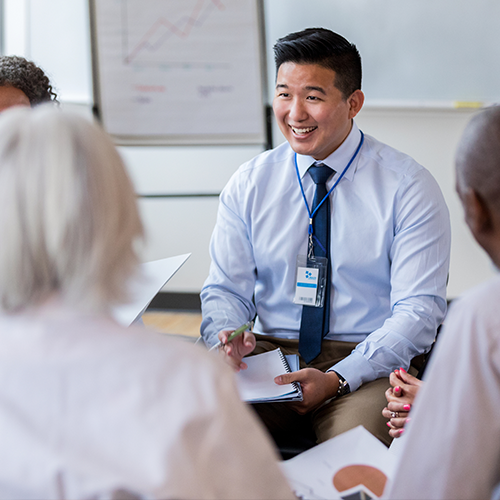Pathway: Health Sciences & Wellness
Ready to learn skills to improve people’s lives, keep them healthy, and assist in emergencies? Explore the Health Sciences & Wellness Pathway.
To meet the expanding demand for qualified health professionals, these programs combine classroom instruction, laboratory experience and clinical practice to assure that students obtain current, high-level skills.
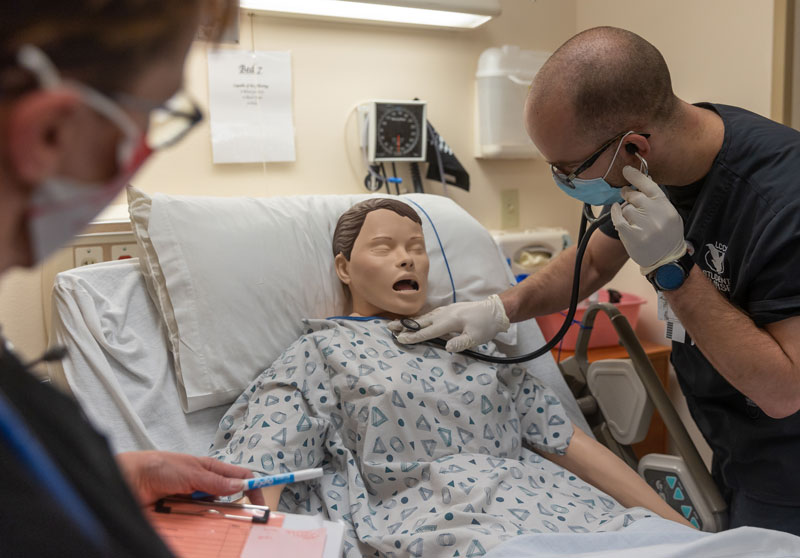
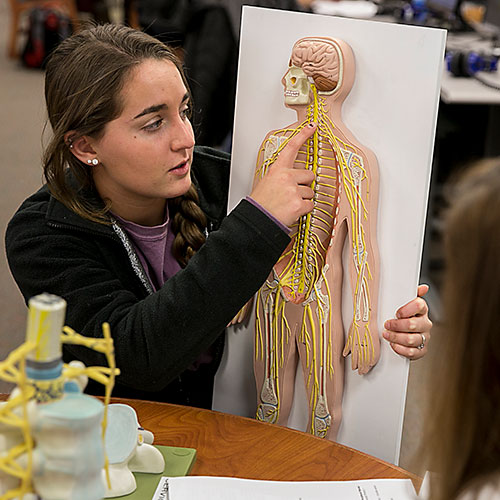
Health Sciences & Wellness Program
The Health Sciences & Wellness Program is designed for students who wish to explore and prepare to apply for our selective-admission Health Science and Wellness program. Students working toward admission into our Health Science and Wellness programs are required to declare the Associate of Science in Health Science and Wellness as their initial program of study until they are officially accepted into a program. This degree is designed to allow students the option to pursue a bachelor's degree.
Additional Information and Requirements: Students are encouraged to apply for more than one program each year. Each program has specific admission requirements – see program webpages for detailed information or meet with a health science student success coach or faculty mentor for specifics.
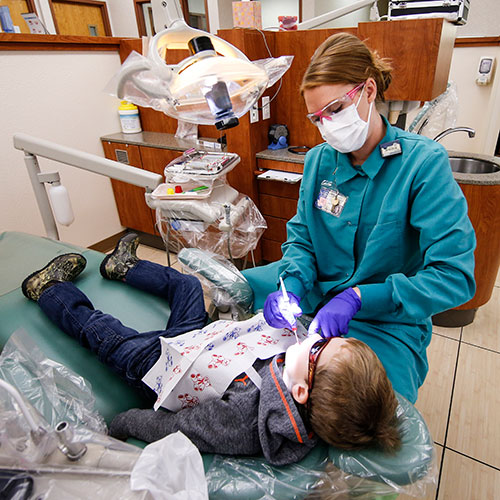
Dental Hygiene Program
A dental hygienist is a preventive oral care professional licensed to provide clinical and educational services. These include dental exams, x-rays, cleanings and discussions to improve oral health. The Dental Hygiene program combines academic study with supervised clinical experience.
Dental hygienists may work in private practices, community health settings, nursing homes and hospitals.
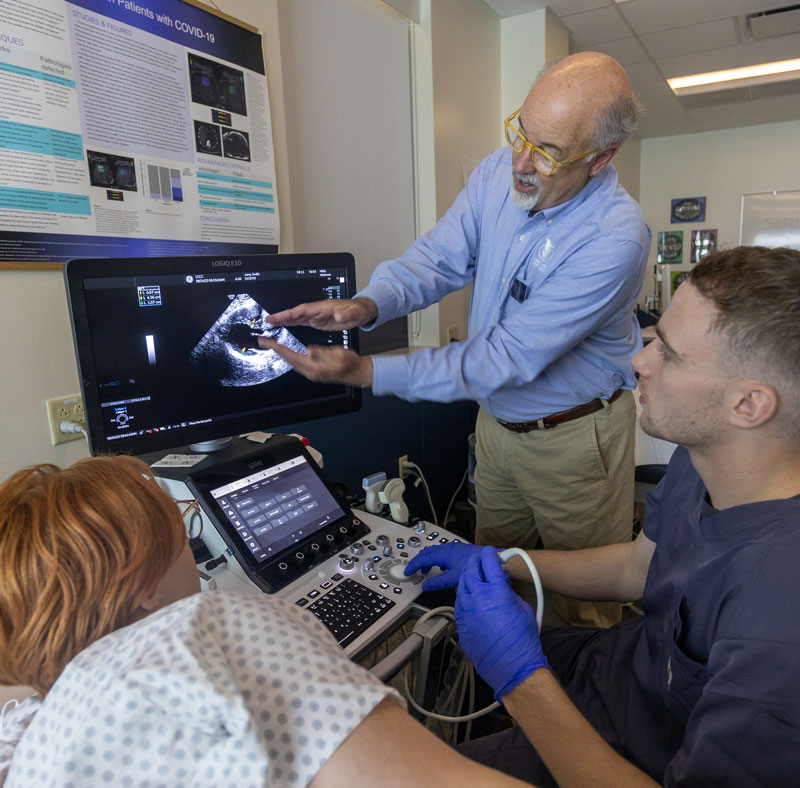
Echocardiography Program
Echocardiography uses high-frequency sound waves to create detailed images of the adult heart. Students gain in-depth knowledge of physics, disease processes, human anatomy, and how to operate and create an ultrasound image.
Echocardiographers typically work in hospitals, medical clinics and private medical offices.
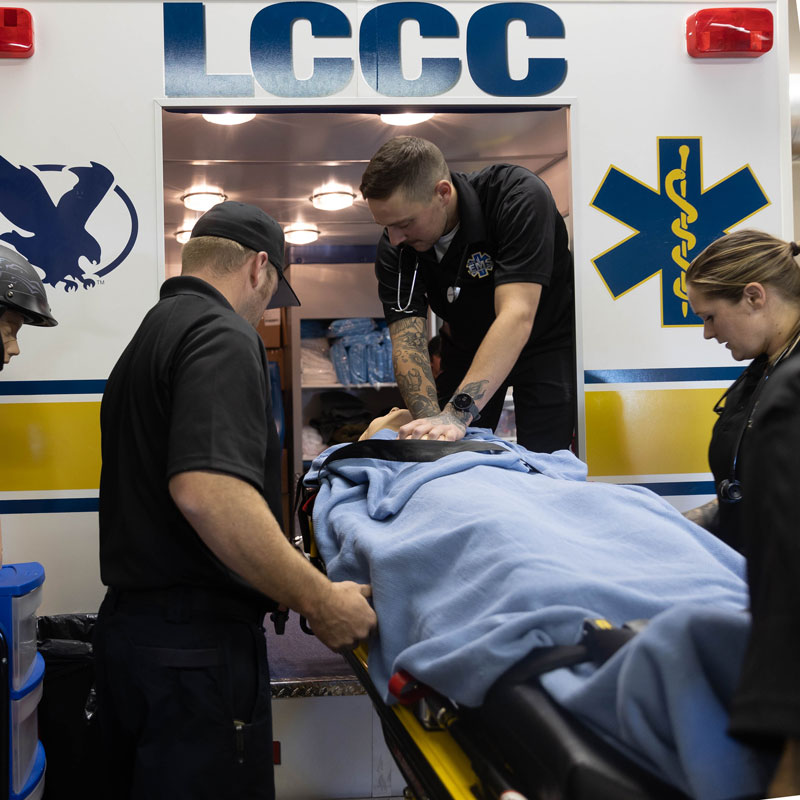
Emergency Medical Services (EMS/EMT/Paramedic) Program
The Emergency Medical Services program prepares students to be first responders and pre-hospital care providers who are informed of the latest advances in medical care, technology and equipment. This program provides classroom instruction as well as clinical experiences.
EMS/EMT personnel typically work for private ambulance services, fire departments, hospitals or other rescue services.
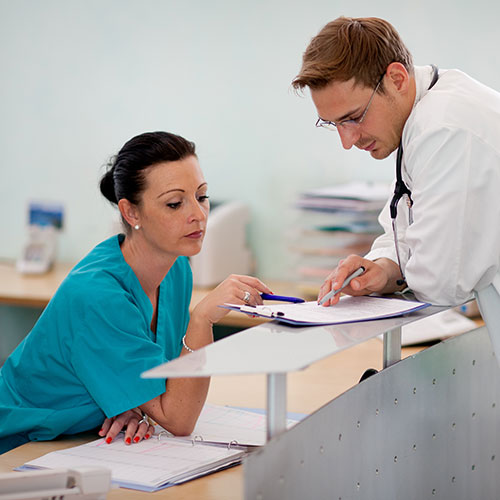
Health Information Technology and Management Program
Health information technologists specialize in managing and protecting medical records; administering health information management systems; and coding for reimbursement, research and quality care.
Health information technology specialists support clinicians and staff across many settings, including inpatient rehabilitation facilities, acute care hospitals, long-term care facilities, physicians' offices, mental health facilities and outpatient clinics.
Healthcare Administration Program - Bachelors
This program will provide a foundation in business skills and healthcare specific content to help graduates successfully navigate the unique challenges of management in the healthcare industry including accounting, resource management, laws and policies.
The Bachelor of Applied Science in Healthcare Administration was developed for students who have completed an Associate of Applied Science (AAS) degree and seek to further their education to move into management or administrative roles.
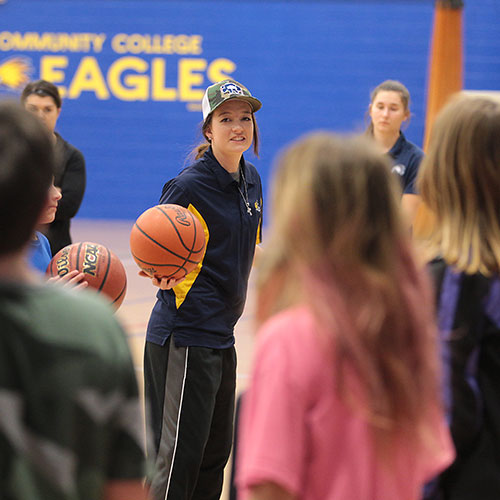
Kinesiology & Health Promotion Program
The Kinesiology & Health Promotion program is centered around human movement and its application to physical activity and the quality of one's life. Students complete coursework that provides a solid knowledge base of human anatomy, physiology, chemistry and health.
Careers in this area may include sports medicine, physical therapy, athletic training, physical education teacher or occupational therapy.
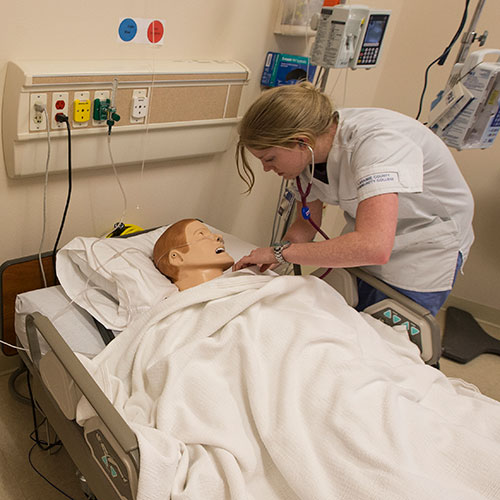
Nursing Program
The Nursing program balances general education and nursing courses to provide the knowledge and skills needed to function as beginning practitioners of nursing. These courses include anatomy, nutrition, chemistry and microbiology among others. Students receive classroom instruction and coordinated clinical experience in the nursing care of patients in health care settings under the supervision and guidance of faculty.
Nurses work in hospitals, physicians' offices, home healthcare services, and nursing care facilities. Others work in outpatient clinics and schools, or serve in the military.
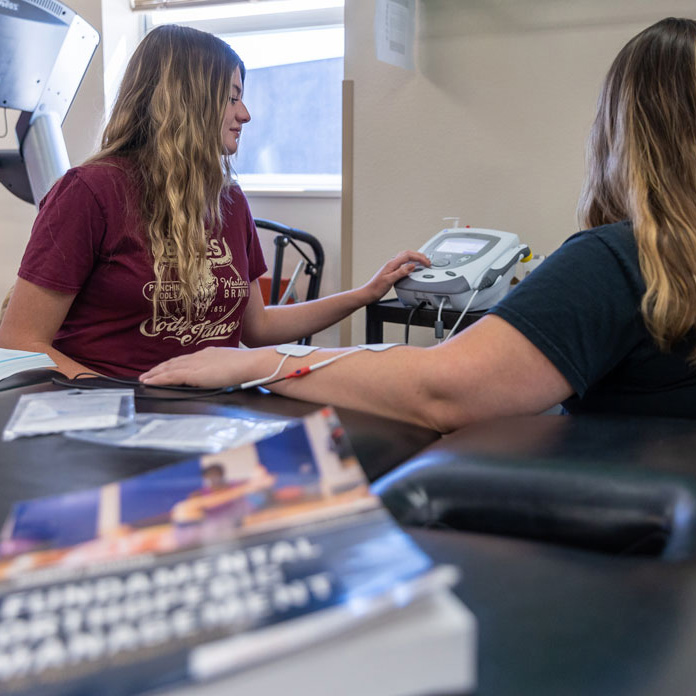
Physical Therapist Assistant Program
Physical Therapist Assistants (PTAs) work under the direction of physical therapists to help people of all ages who have health-related conditions that limit their ability to move and perform daily activities. PTAs may assist in the development of treatment plans, treatment documentation, and modification of specific treatments that have been established by the physical therapist. Students in this program study anatomy, physiology, therapeutic procedures and communication.
Employment opportunities include outpatient physical therapy offices and clinics, hospitals and skilled nursing facilities.
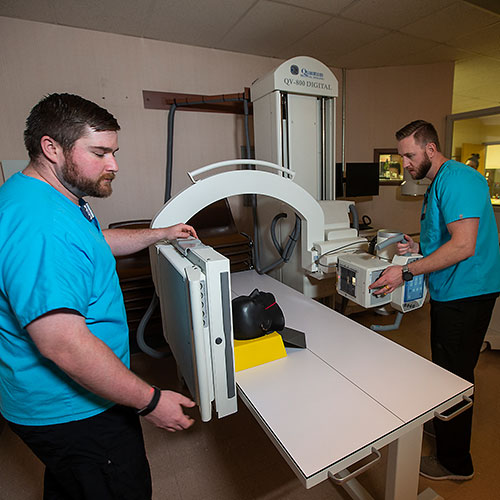
Radiography (X-ray) Program
Radiographers use technology to perform imaging tests such as X-rays, CT scans and MRI procedures. Radiography students learn skills for using radiation (X-rays) in the diagnosis of disease under the direction of a physician. This program combines academic study with supervised clinical experience.
Most radiographers work in hospitals, medical clinics and private medical offices.
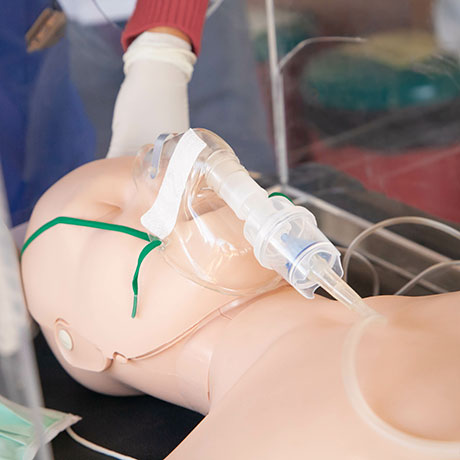
Respiratory Therapy Program
Respiratory Therapists diagnose, evaluate and treat patients with breathing problems and lung disorders as well as manage life saving equipment like ventilators. The Respiratory Therapy Program provides a blend of classroom, laboratory and clinical experiences to develop the skills and knowledge necessary for a successful career in respiratory therapy.
Graduates typically work in hospitals, medical clinics, air transport and ambulance programs, and pulmonary rehab and management programs.
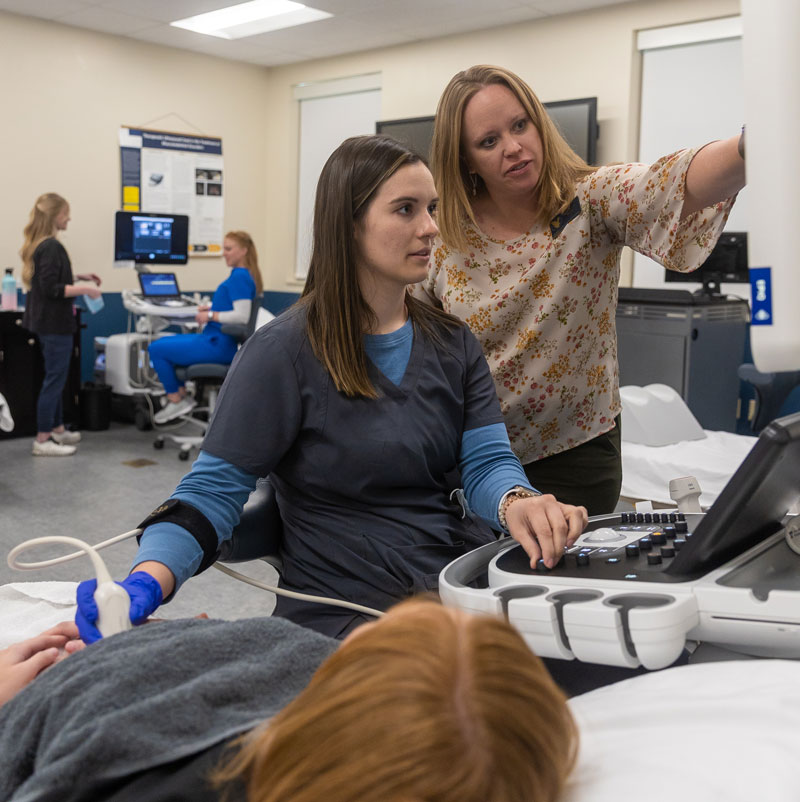
Sonography Program
A diagnostic medical sonographer performs ultrasound exams while working closely with a qualified physician for aiding in the diagnosis of disease. To operate the technology and create an ultrasound image, the sonographer must have an in-depth knowledge of physics, disease processes, human anatomy and sonographic technique. The sonography program is accredited in general studies, which include abdomen, OB/GYN, and vascular.
Sonographers typically work in hospitals, medical clinics and private medical offices.
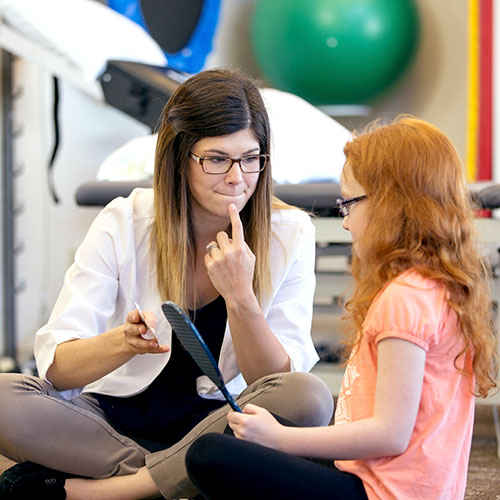
Speech-Language Pathology Assistant Program
Speech-Language Pathology Assistants work under the direct supervision of licensed or certified speech-language pathologists to administer speech, language and hearing screenings; assist in communication assessments; provide articulation and language therapy services; and assist with documentation of services. This program provides practical experience in working with adults and children in a variety of settings.
Speech-Language Pathology Assistants may work with patients in private settings, speech and hearing clinics, or physicians' offices.
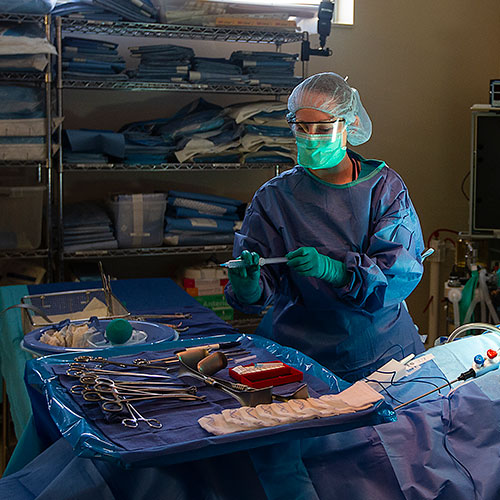
Surgical Technology Program
Surgical Technology is not accepting new students until further notice. Surgical technologists work with surgeons, anesthesiologists, registered nurses and other surgical technologists to prepare, handle, sterilize and care for surgical instruments, supplies, equipment and medications; set up instrumentation, equipment and supplies for various surgical cases; apply critical thinking skills to anticipate procedural steps and corresponding instrumentation; and pass surgical instrumentation and supplies to the surgeon. Students in the program learn about anatomy, physiology, surgical technology and surgical procedures.
Surgical technologists typically work in hospitals and medical clinics.

